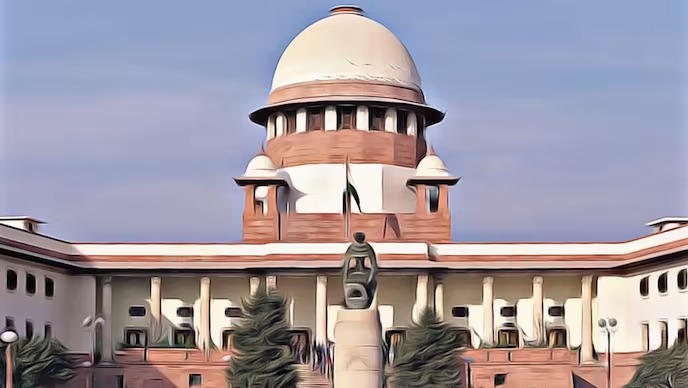Ajay Kumar Tripathi, CJ
1. Writ application has been filed by the Railway authorities against an order dated 22.02.2018 passed in Original Application (OA)
No.203/00705/2016. The OA preferred by the private Respondent has been allowed with a direction upon the Railway authority / the Petitioners to
consider his claim for payment of overtime allowances.
2. The following reliefs were made in the OA :-
(i) to summon the entire records pertaining to the present case.
(ii) to quash and set aside the impugned order dated 03.02.2016 (Annexure A-1).
(iii) to order and direct the Respondents for grant of proper overtime allowances along with arrears and interest to the Applicant for the half period as
he was not relieved from their duties even when the train is halted.
 (iv) to Award cost of this Application.
 (v) to Grant any other relief as may be deemed fit and proper by this
Hon'ble Tribunal in the facts and circumstances of the present case.
3. As per the pleading in the OA, the sole private Respondent was appointed on the post of AC Helper-I in the Electrical (General) Department, AC
Wing in the South East Central Railway, District - Durg. He has been placed in charge of AC Escorting Staff (ACES) and as per the assignment and
allotment of duty, he has to travel in different trains. This entails even halts after the trains reach its destination and then their departure on return
journey there from. His claim is that he is never let off duty even after arrival to destination till its return journey for many a reasons and therefore, he
has to be treated to be on duty and overtime allowances is required to be calculated and paid.
4. The Central Administrative Tribunal, Jabalpur Bench with circuit sitting at Bilaspur; hereinafter referred to as 'the Tribunal', examined the claim of
the private Respondent on the basis of the provisions and similar dispute which arose before the CAT Bench, Bombay. Finding similarity and placing
reliance on the rationale and reasoning provided by the CAT Bench, Bombay, whose order was upheld by the High Court as well as the Supreme
Court, the OA of the private Respondent has also been allowed. The Tribunal set aside Annexure - A/1 of the OA which is an order of rejection and
directed the Respondents / Railway authorities to calculate the overtime wages in accordance with the Rules.
5. Submission of the counsel for the Railways is that the Tribunal committed a serious error by not taking into consideration the distinguishing fact
between the Bombay case and the Bilaspur case which is a Railway Board's Circular RBE/157/85 dated 27.6.1985. Counsel places emphasis on
paragraph ii) of the said Circular, which reads as under :-
ii) At outstation, at the end of their outward journey, they may be allowed one hour to complete the procedure for handling over the coach to the
outstation maintenance staff. They will hand over the loose items under their possession, e.g. linen, tumblers, flasks etc. to the maintenance staff and
take over the same when they take over charge at the commencement of train journey. They may take rest in the AC coach itself wherever rest
facilities have not been made available to them in the nature of a running/rest room. They may be allowed one hour to take charge of the coach from
the maintenance staff before the commencement of train journey.
6. From a reading of the above, Railway Board's Circular as well as the other provisions in relation to duties of ACCA's or ACCI's, entitlement of
overtime allowances is not a matter of argument. Situations have been perceived where a Railway employee can be treated to be on duty after duty
hours in the given condition and for which he will be suitably compensated by award of overtime allowances. We do not see much of a difference in
the view so taken by CAT Benches so far as the entitlement of overtime allowances being claimed by employee is concerned. But, it will always be
subject to the employee establishing before the employer that he comes within the do's and the don'ts which can justify such claims.
7. We, therefore, do not find any error in the order of the Tribunal in holding that the private Respondent could be entitled to overtime allowances, but
the Tribunal itself has observed that such calculation on a claim made has to be in terms of the Rules and payment would be required to be made
thereafter within a time frame.
8. The writ application, therefore, is dismissed as no infirmity emerges from the rationale and reasoning of the CAT Bench order. So far as
applicability of the Circulars and calculation of the overtime allowances is concerned, it goes without saying that it has to be in conformity with the
Rules and the Circulars.

